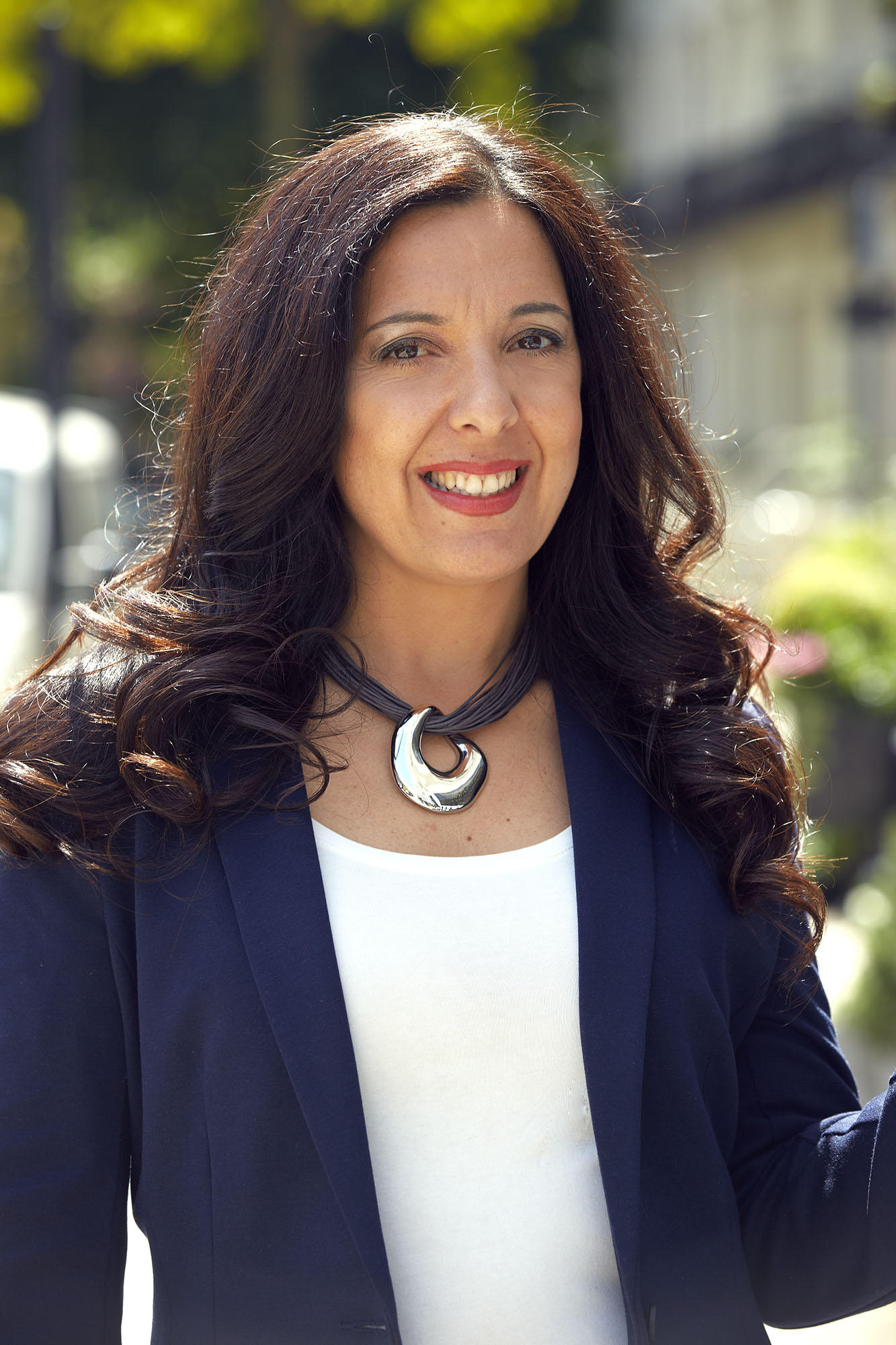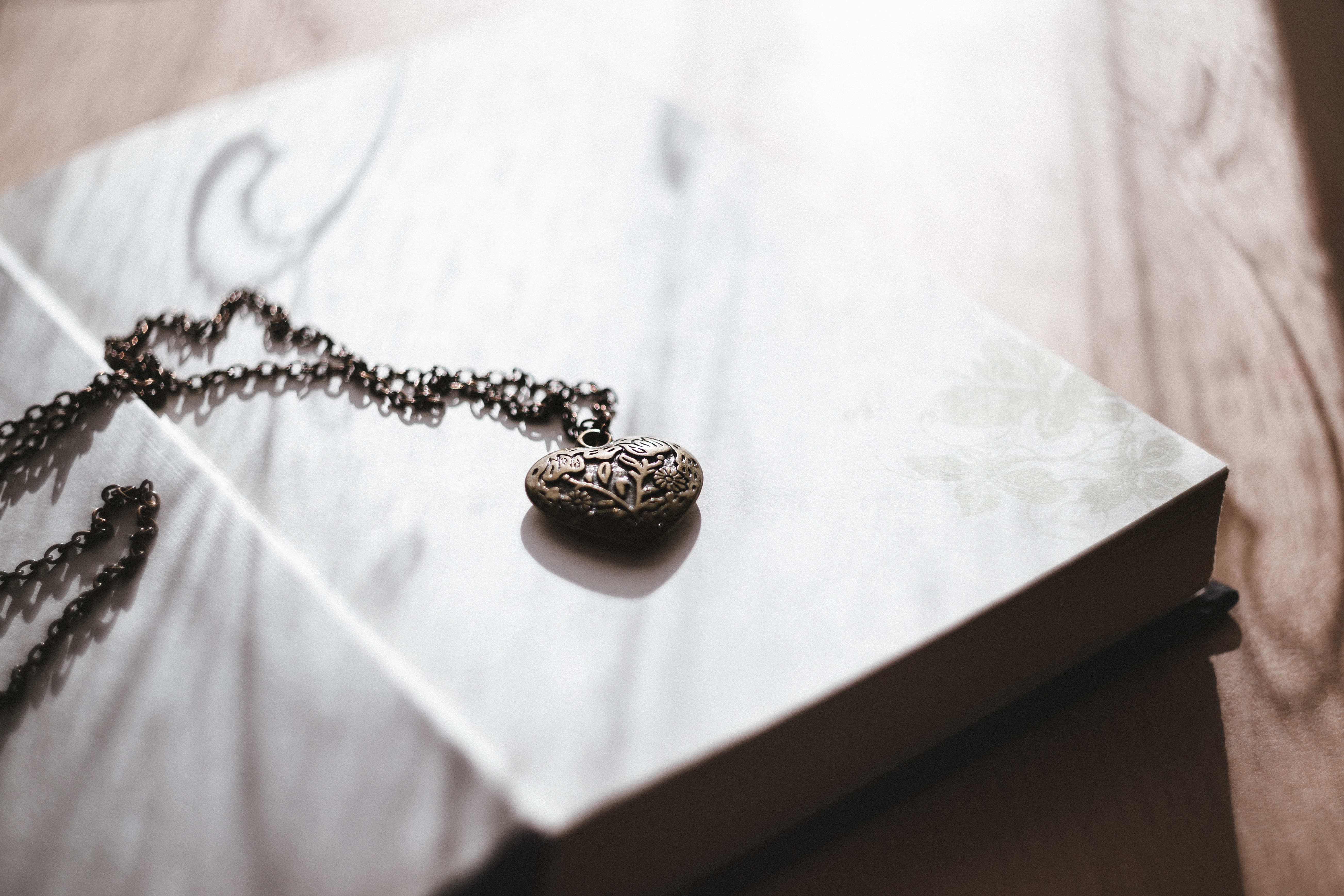Words have an incredible power to destroy or rebuild a person.
Let’s backtrack.
The year was 1971. A teacher at my primary school announced to me one day, ‘You will never make anything of yourself.’
I was aged four at the time, and whilst I heard her words, I didn’t really comprehend the enormity of what she had just said. I wonder if any of the kids in the class remembered a thing she taught that day (or the whole year, for that matter) other than the ill-advised words aimed at me.
The next day, my father stormed into the school office to complain about the teacher’s comment, but it was too late. The damage had been done.
During the next few years, if I answered any maths questions incorrectly (maths was my weakest subject), one of the teachers would take me out of the class and walk me down to the lower form classes. She would then inform the younger students of my mistakes, whilst I stood at the front of the class, feeling the sense of shame that comes from knowing you have failed at something huge, yet not knowing why such a fuss is being made over an incorrect maths equation.
Is it any wonder that by the time I left primary school at the age of 13, high school had become my nirvana?
High school was a convent school (apparently haunted) run by a group of Irish nuns. The concept of this seemed unbelievable to me at the time. As a Jewish girl at a convent school, I entered adolescence with a thick mixture of two very different religions, but as we lived in an area which spanned two and a half square miles in the south of Spain, and there were no other high schools, it was take it or leave it. And we couldn’t afford to leave it.
In the unfamiliar arena of Holy Communion, Confession and the Lord’s Prayer — all so different to the traditions that my community followed — I woke up and smelt the coffee. Or rather, the pungent smells of burning incense.
The nuns’ Irish accents were in stark contrast to the children’s loud Spanish voices which permeated the air. I often wondered what the nuns made of hormonal adolescent girls displaying a mix of passionate Spanish blood amongst the traditional Roman Catholic structure and politeness.
At high school, I was tenacious, impulsive — and lived for my dance and drama lessons. In addition to this, I had a number of boyfriends and a busy social life.
I was at the centre of the friendship circles and totally belonged. There was only one problem, and it was huge. After my early years of being manhandled and given a number of colourful put-downs by teachers, I had no faith or belief whatsoever in my academic ability.
I spent my time playing around in class, holding no aspirations for advancement. The concept of attending university was so alien to me, I had not even allowed it to filter through.
In my mind, academic achievement was reserved for an exclusive circle of VIPs, which certainly did not include me.
I had no desire to reach for anything other than perhaps a dance, beauty or hairdressing course. I secretly aspired to become a dancer, yet this was forbidden from the outset, as my parents decided it would never provide a secure enough living.
There was one exception, though — Sister Anne’s English class. The only class I dared to take an interest in.
Even though my spoken English was pretty basic, I didn’t struggle at all to write stories, effortlessly allowing my mind and imagination to run riot. On paper, I was free to create the beginning and dream ending I wanted, all with the free flow of an artist painting a masterpiece.
Other than dancing, my only saving grace was reading. I was never happier than when I was settling down with a new book, and I remember running after school on Fridays to our local curiosity shop, which was a tiny bookshop selling second-hand English books.
I loved the smell and feel of the paper as I turned the pages. Fitting my reading into the weekend between parties and socials, I would proceed to devour books one by one whilst I snuggled up on the sofa. The books transported me to a world where I could be the VIP in a way I could never be in the school academic circle.
It is not really a surprise, therefore, that my inspirational moment came in Sister Anne’s English class.
How did this Irish nun change my life?
She woke me up to what I was capable of.
Sister Anne sat me down one day when I had been particularly raucous in the classroom and told me sternly that she would have to call my parents for a serious discussion. This, of course, filled me with deep shame and embarrassment.
Snapshots of my past failures in primary school came back to haunt me.
Sister Anne said, ‘Mee-chele,’ (her Irish pronunciation changed the spelling of my name) ‘you’re wasting your life. Do you always want to be the class clown?’ Her next statement was the winning formula. ‘I want you to take an advanced English exam because I know you can do well. You’re a clever girl; I want you to start working hard. Aim high, because you are so capable.’
No one in the teaching profession had ever mentioned the word ‘capable’ in relation to me before.
My parents had implied that I was capable, but I figured that parents had to say that, even if their children were as thick as two planks. But here’s the deal — it wasn’t just the words that Sister Anne fired at me with the precision of a well-aimed arrow; it was the manner in which they were delivered: with care and love.
She could see my potential before I had even woken up to it. Here was a teacher who actually did what it says on the tin: teach, inspire and empower.
Words and the intention behind them are incredibly powerful and can make or break a person. From that day, I stopped behaving like the class clown and focused on my studies. By the end of the year, I was receiving top marks — a concept that would have been completely inconceivable before.
I had always been capable; I just needed someone to tell me that I was. It was as simple as that.
Many years later, after I qualified as a therapist, my first job was managing therapy services for children in primary schools. It was almost as if I had gone back in time and had the opportunity to give kids the type of positive and empowering atmosphere in primary school that I hadn’t had the chance to experience.
For many years, I listened, empathised with, empowered and nurtured children who came from so many diverse backgrounds. Many of them were refugees from war-torn countries, all displaced and confused in a melee of 120 languages and spanning so many cultures from all over the world.
I have listened to children pleading for attention, security, understanding and love, their backgrounds spanning the social and economic sector: wealthy, poor, neglected, abused, abandoned, fostered or adopted.
Along the way, I have always felt like I had Sister Anne by my side, looking at me with her sidelong glance.
It is the simple act of showing humanity and sharing humility with another person by waking them up to what you see in them, in the hope that they will start seeing it within themselves.
If we deduct religion, culture and language, and we take it down to its very core, I believe there is one thing we all yearn for. Love; it’s as simple as that.
When the Beatles sang ‘All you need is love,’ they were spot on.
The beauty of what Sister Anne, the Irish nun, taught me was that having a love for another human being, and empathy, spans across every sector of humanity.
She had her strong Catholic beliefs whilst, as a Jewish teen, I had my strong own beliefs and traditions. Yet we were able to dissolve what could have divided us and discover a deeper connection that inspired me enough to empower and believe in the potential of others.
I can still see the lovely Sister Anne in my mind, her radiant face glowing as she stood with her glasses sliding slowly down her nose, observing my progress.
This is the look I pass on to my coaching clients as I watch them transform into better versions of themselves. The reality is that we can all be a hero in someone’s life by showing them a quality in themselves that money can’t buy.
There is a Sister Anne in each and every one of us, and it only takes a moment to connect with someone. That person could be a friend, neighbour, colleague, elderly person living in isolation, or child desperately seeking attention. Reach out to them and be that inspiration.
If you liked this article, you can read more chapters like these in my latest book ‘Look Inside: Stop Seeking Start Living’ available now on Amazon.
If you want to connect with me to share insights from this article, send an e-mail to [email protected]


